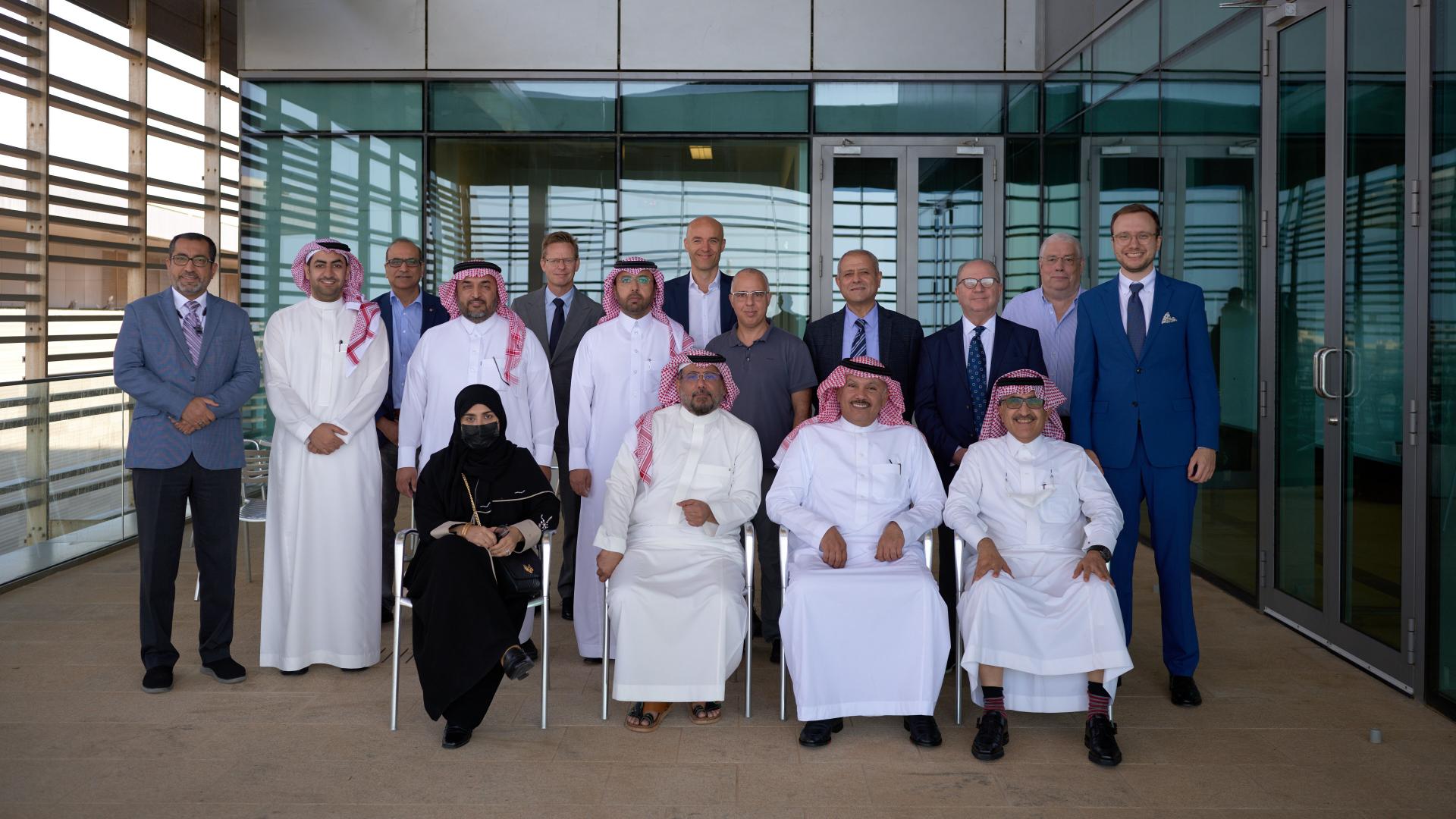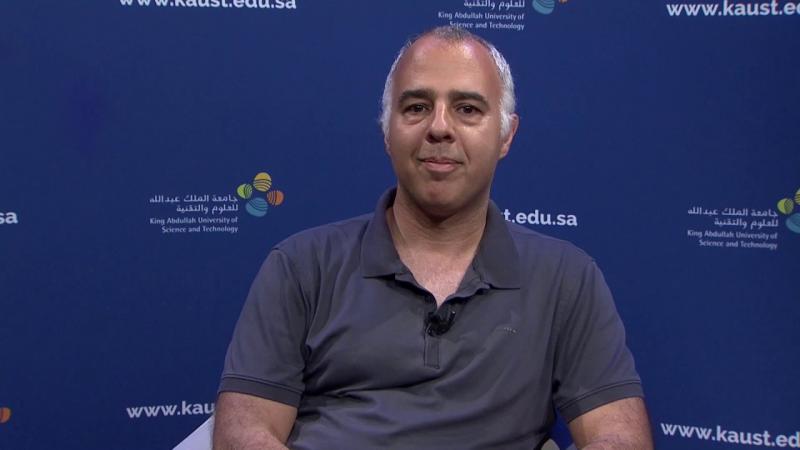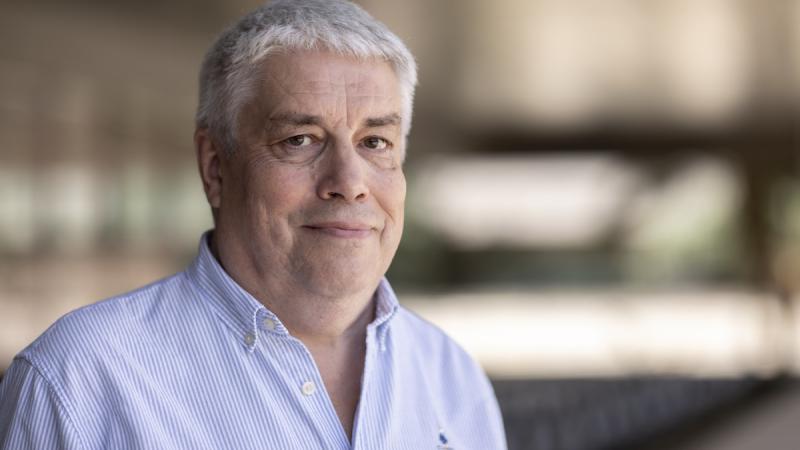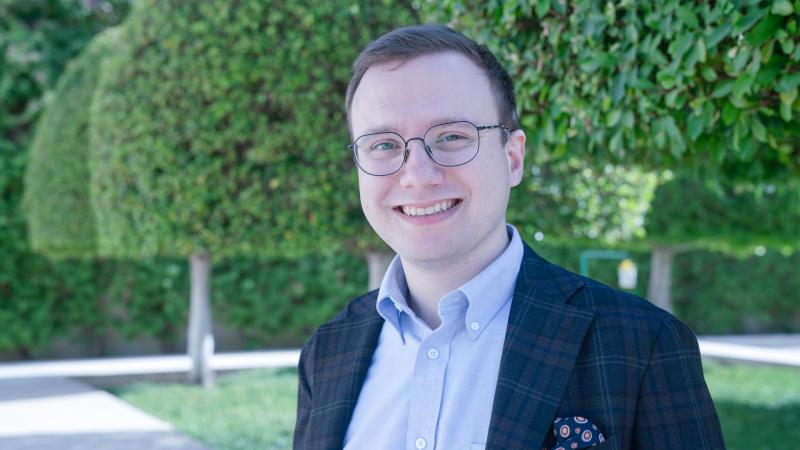By David Murphy
Chronic kidney disease (CKD) is among the most common causes of death in Saudi Arabia. So much so that there are currently over 20,000 patients in the Kingdom undergoing dialysis in an attempt to combat the disease.[1] According to age-standardized prevalence data, the prevalence of CKD (stages 1–2, stage 3, stage 4 and stage 5) in the Kingdom is estimated at 9,892 per 100,000 people, which is higher than the estimates for Western Europe (5,446 per 100,000) and North America (7,919 per 100,000).[2]
For individuals suffering from CKD, the transplantation of a kidney from a healthy living donor remains the most viable solution to one of the world's most prevalent chronic diseases.
Transplantation, however, may not be feasible for some donor-recipient pairs due to compatibility issues between the patient and living donor. Many factors determine a desirable transplantation outcome, including the health and age of the recipient, the medical (in)compatibilities (blood type, tissues types, antibodies) with the donor, age difference, location and personal preferences.
By facilitating the exchange of organs, kidney exchange programs or KEPs, play a crucial role in increasing access to life-saving and cost-effective treatment. In order to advance KEP in Saudi Arabia, a team of researchers from KAUST, along with several other in-Kingdom institutions, have joined forces to identify ways to reduce the prevalence of CKD and increase the effectiveness of future health care initiatives.
Held Monday, November 22, 2021, the KAUST Saudi National Kidney Paired Donation Workshop brought together 12 of the Kingdom's top experts in kidney transplantation to discuss the future of this complex and highly important surgical procedure.
The workshop originated from a research project titled "Optimizing the Saudi National Kidney Exchange Program," a collaborative work by KAUST Professors Mikhail Moshkov, Diogo Gomes and Assistant Professor Michał Mańkowski of Erasmus University Rotterdam, the Netherlands. The project analyzes simulations and optimization studies of new patient matching strategies and the impact of the Saudi National Kidney Exchange Program (SNKEP) on Saudi society.
“The SNKEP study is a collaborative effort between three Saudi hospitals under the Saudi Center for Organ Transplantation (SCOT). Our research will impact and boost transplant efforts at the King Faisal Specialist Hospital & Research Centre (KFSHRC), Riyadh, the King Faisal Specialist Hospital & Research Centre (KFSH&RC), Dammam, and at the National Guard Hospital,” Mańkowski noted.
Helping to optimize health care in the KIngdom
Working collectively and individually with the institutions above, Mańkowski and his colleagues are exploring ways to improve Saudi Arabian transplant centers, which they believe have the potential to compete with the best international hospitals.
“We also hope to merge the efforts of Saudi hospitals to bring more benefits to the table–and by synergy–improve patient care,” Mańkowski explained. “The first innovation of our research is to set up organizational and research fundamentals for a first national KEP in the region, which takes regional characteristics—geography, population, regulations, health service infrastructure—as well as epidemiology into account,” he added.
Another significant change involves the development of the world’s first simulation and optimization software that explicitly includes ABO-incompatible and HLA-incompatible matches along with high-resolution HLA data. In addition to a partial scale-up of the advanced matching methods presently applied at KFSH&RC to a national KEP level.
“Helping to design optimal policies and the matching algorithms for a national kidney exchange program has the potential to save lives in Saudi Arabia, improve equity, provide a better quality of life for the patients that are matched at KEP, and result in a reduction of dialysis treatment costs.
“Taking into consideration the number of possible combinations of donor-recipient matchings, such selections cannot be made without appropriate algorithms and software support. The end goal is to design a fair, trusted, and optimal matching algorithms for Saudi National multi-center kidney exchange program,” Mańkowski concluded.
The KAUST Saudi National Kidney Paired Donation Workshop was organized by Professor Michał Mańkowski with support from the KAUST CEMSE Division, the KAUST CBRC, the KAUST Smart-Health Initiative and Dr. Najah Ashry, Senior Associate to the President & VP Strategic National Advancement at KAUST.
Helping to design optimal policies and the matching algorithms for a national kidney exchange program has the potential to save lives in Saudi Arabia, improve equity, provide a better quality of life for the patients that are matched at kidney exchange programs, and result in a reduction of dialysis treatment costs.



